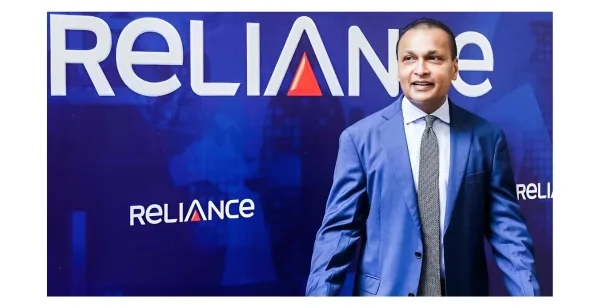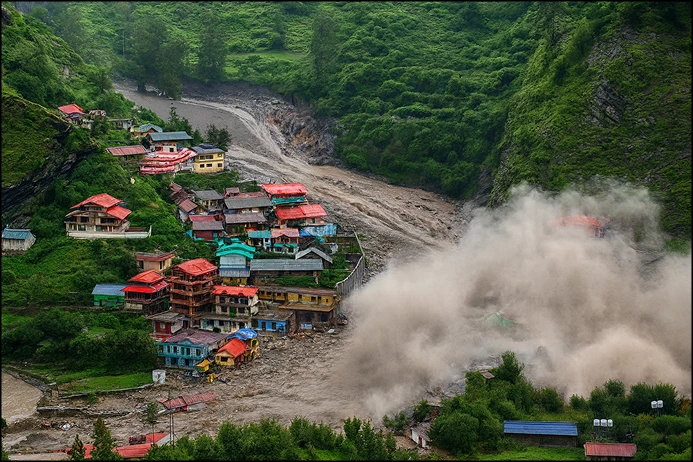
Behind India’s Massive Russian Oil Imports: The Reliance Factor
India’s reliance on Russian crude oil has surged dramatically in recent years, reshaping global energy markets and attracting international criticism. At the center of this transformation is Reliance Industries Limited (RIL), led by Mukesh Ambani, Asia’s richest man. Once a marginal buyer of Russian oil, Reliance has now become one of its largest importers, placing India firmly in the global spotlight amid shifting geopolitics, sanctions, and climate concerns.
Reliance’s Soaring Russian Oil Imports
Before the Ukraine war, Russian crude accounted for just 3 percent of Reliance’s oil imports. But by 2025, this figure jumped to nearly 50 percent, according to the Centre for Research on Energy and Clean Air (CREA).
Between January and July 2025, Reliance’s Jamnagar refinery in Gujarat imported 18.3 million tonnes of Russian oil, worth approximately $8.7 billion. That’s a 64 percent increase year-on-year and nearly equivalent to Reliance’s total Russian imports for all of 2024—reached in just half the time.
This spike has helped RIL lower costs, boost refining margins, and provide India with affordable fuel at a time of global uncertainty. But it has also raised alarms in the West, especially in Washington.
US Tariffs and Trump’s Strong Reaction
Former US President Donald Trump took direct aim at India’s Russian energy ties. On July 30, 2025, he posted on Truth Social:
“India was Russia’s largest buyer of ENERGY, along with China, at a time when everyone wants Russia to STOP THE KILLING IN UKRAINE – ALL THINGS NOT GOOD!”
Within weeks, the US announced a 25 percent tariff on Indian imports, placing India in the highest tariff tier. Washington argues that Russian crude, when refined and exported by Indian companies such as Reliance, indirectly strengthens Moscow’s ability to continue its war in Ukraine.
The Richest Families in Focus
The backlash did not end with Trump’s remarks. On August 19, 2025, US Treasury Secretary Scott Bessent told CNBC that “some of the richest families in India” were among the biggest beneficiaries of this trade. While he did not name any specific business group, industry analysts point to Reliance’s dominant role in Russian oil imports as the likely reference.
This framing has further fueled debates about corporate responsibility, global sanctions, and the ethics of profit-making amid conflict.
Strategic Partnerships vs. Global Pressure
India’s strong relationship with Russia dates back to the Cold War era, with Moscow serving as a crucial defense supplier. Today, energy trade is the new cornerstone of that partnership.
For New Delhi, Russian crude provides multiple advantages:
- Affordable imports that help stabilize domestic fuel prices.
- Improved refinery margins for Indian companies.
- Energy security for a fast-growing economy.
However, these benefits come with risks. The US and European nations see India’s continued reliance on Russian oil as a sanctions loophole that undermines efforts to isolate Moscow. This has put India in a delicate position, forced to balance long-standing ties with Russia against a growing strategic partnership with the US.
Jamnagar: A Global Refining Powerhouse
The Jamnagar refinery complex, the largest in the world, has become the focal point of India’s energy trade. By processing discounted Russian crude, Reliance has been able to export diesel, gasoline, and jet fuel to international markets—including some countries that have banned direct imports of Russian oil.
This strategy has made Reliance not only India’s largest refiner but also a major global energy supplier, raising questions about how sanctions are enforced and whether refined products from Russian crude should be treated differently.
Sustainability and the Eco-Friendly Debate
Beyond geopolitics, there is an environmental dimension. Heavy reliance on crude oil, regardless of origin, raises questions about India’s commitment to sustainability and renewable energy goals.
Environmentalists argue that while cheaper Russian oil may temporarily ease economic pressure, it risks slowing India’s transition to clean energy sources like solar, wind, and green hydrogen. Reliance itself has pledged billions toward renewable energy investments, but its dependence on Russian crude highlights the tension between short-term profits and long-term climate goals.
Looking Ahead: Balancing Energy, Economics, and Ethics
As the world’s fastest-growing major economy, India must strike a careful balance. Reliance’s aggressive sourcing of Russian oil has boosted profits and ensured energy security, but it has also drawn global scrutiny.
For Mukesh Ambani, this is both an opportunity and a challenge. On one hand, Reliance has emerged as a key beneficiary of shifting global energy trade. On the other, the company is now entangled in the politics of sanctions, tariffs, and climate responsibility.
The big question is whether India and Reliance can continue to rely so heavily on Russian oil without jeopardizing relations with the West—or compromising on sustainability commitments.
Conclusion
The surge in India’s Russian oil imports, led by Reliance Industries, reflects the complex interplay of economics, geopolitics, and environmental responsibility. Mukesh Ambani’s strategy has positioned Reliance as a global refining giant but has also brought India into the crosshairs of US policy.
Going forward, India’s energy choices will not only shape its economy but also its global standing and ecological footprint. For investors, policymakers, and ordinary citizens alike, the debate over Russian oil is not just about energy—it’s about ethics, sustainability, and the future of global trade.



